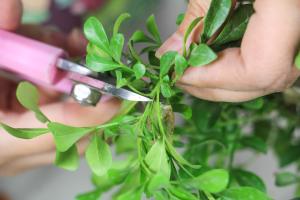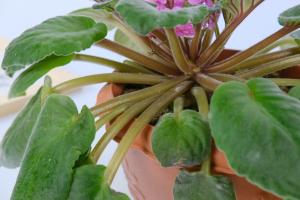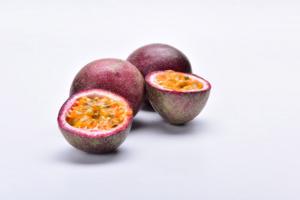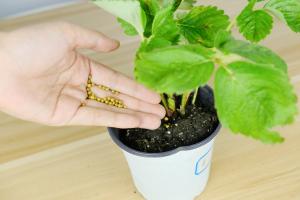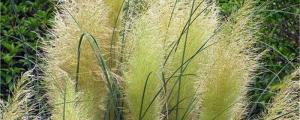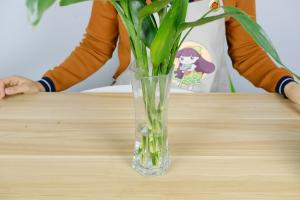Does Putting Coffee Grounds on Tomato Plants Hurt or Help?
Using coffee grounds as a natural garden fertilizer has become a common practice among gardeners. As coffee grounds are a rich source of nitrogen and other essential nutrients, they can help promote the growth and productivity of several plants, including tomato plants. However, some gardeners have reported negative effects of using coffee grounds on their tomato plants, leading to the question, "Does putting coffee grounds on tomato plants hurt or help?"
The Benefits of Using Coffee Grounds on Tomato Plants
Coffee grounds are a great source of nitrogen, phosphorus, magnesium, and other minerals essential for plant growth. When used as a fertilizer, coffee grounds can help balance the soil pH, improve soil structure, and provide the necessary nutrients for plants to thrive.
Tomato plants, in particular, benefit from coffee grounds due to their high nitrogen content. Nitrogen is vital for leafy growth, and since tomato plants need a lot of leaves to support their fruit, they require a steady supply of nitrogen throughout their growing season.
Additionally, coffee grounds can help deter pests and diseases that commonly affect tomato plants, such as nematodes, slugs, and various fungi.
Possible Negative Effects of Using Coffee Grounds on Tomato Plants
Although coffee grounds are generally beneficial for tomato plants, some gardeners have reported negative effects on their crops. The primary concern is that coffee grounds can make the soil too acidic, leading to stunted growth, chlorosis (yellow leaves), and other nutrient deficiencies in tomato plants.
Furthermore, if coffee grounds are not properly composted, they can develop a layer of mold or fungus that could harm the plants or attract harmful insects.
Best Practices for Using Coffee Grounds on Tomato Plants
If you decide to use coffee grounds to fertilize your tomato plants, it's essential to follow these best practices to avoid any negative effects:
Use a moderate amount of coffee grounds, so as not to make the soil too acidic. A good rule of thumb is to add ? to ? inch of coffee grounds around the base of each plant, mixing them with a trowel to avoid clumping.
Compost your coffee grounds first. Composting will break down any fungi or mold and neutralize the acidity, making it gentle and safe for your plants. Alternatively, you can mix the coffee grounds with other compost or organic matter before applying them to the soil.
Avoid applying coffee grounds too frequently. While coffee grounds are an excellent source of nitrogen, too much of a good thing can be harmful. Apply coffee grounds once a month or every six weeks, depending on the needs of your plants.
The Verdict
So, does putting coffee grounds on tomato plants hurt or help? The answer is that it depends on how you use them. If you follow the best practices mentioned above, you should see positive results from using coffee grounds as a fertilizer for your tomato plants. However, if you overdo it or don't compost your coffee grounds properly, you could harm your plants' growth and productivity.
As with any fertilization method, it's essential to monitor your plants closely to ensure they're getting the nutrients they need. If you notice any negative effects, adjust your application or seek advice from a gardening professional to avoid damaging your crops.

 how many times do yo...
how many times do yo... how many planted tre...
how many planted tre... how many pine trees ...
how many pine trees ... how many pecan trees...
how many pecan trees... how many plants comp...
how many plants comp... how many plants can ...
how many plants can ... how many plants and ...
how many plants and ... how many pepper plan...
how many pepper plan...